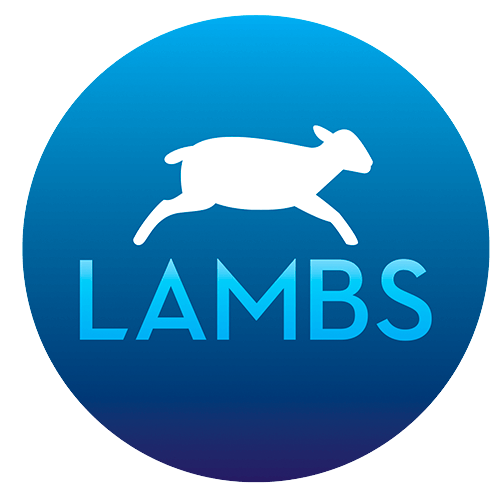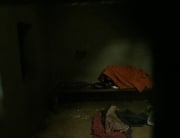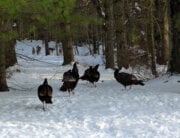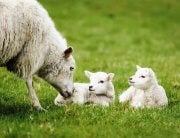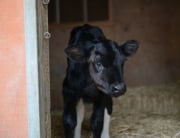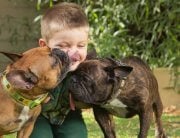Following Christ the Liberator
By A PETA staffer
In Luke 4:16–30, we read of Christ in the synagogue, explaining to those in attendance that He fulfills a prophecy He has read to them. That text is from Isaiah, largely from chapter 61, with some from chapter 58. This particularly beautiful passage speaks of one anointed to “bring glad tidings to the poor,” “proclaim liberty to captives,” and “let the oppressed go free.”
There are several layers of meaning to decipher concerning who the poor are, and who is held captive and oppressed by whom. But what’s easy to see, on a very basic level, is that Christ is seen here as a liberator, as one who tends to the downtrodden and frees them.
Knowing what we do about the universality of Christ’s mission and the unlimited scope of the good news He brings, we can see that He came, in part, to deliver that news to nonhuman animals—to bring about a world in which they are liberated from oppression and free to be who God made them to be.
One challenge today is to look around at the world and see all the animals (including humans) who have no one bringing them glad tidings—those who remain oppressed and without liberty. Countless individuals of all kinds remain chained, locked up, caged, or otherwise imprisoned in squalor and misery, with no opportunity to be themselves. They have been reduced to mere things.
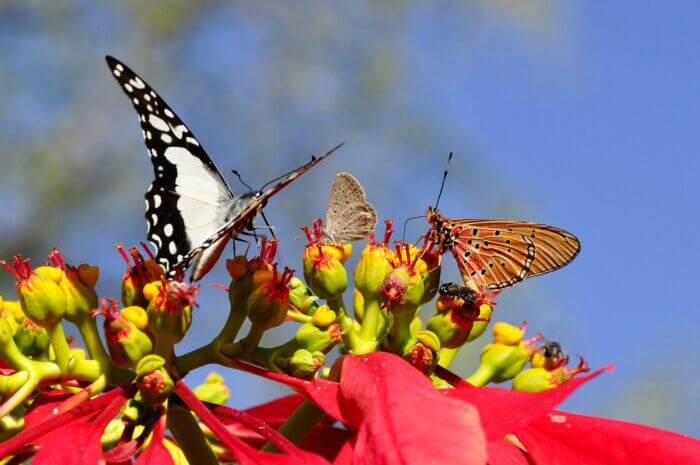
This situation is especially challenging if one believes that Christ’s coming was a singular event during which His work was accomplished for all time. Christ did not come to cure everything that ails creation. The good news depends on His followers, who must cooperate with—and carry out—His work until He comes again and the new Earth arises.
Therefore, this passage is a reminder not only of Christ’s saving mission but also of the role that you and I can and should want to play in that mission. If we share in it, we can read the cited text from Isaiah as a blueprint for what we ourselves are here to help bring about.
What good news can we bring to animals today? Which animals can we liberate? How can we reduce the oppression that animals endure in the world?
